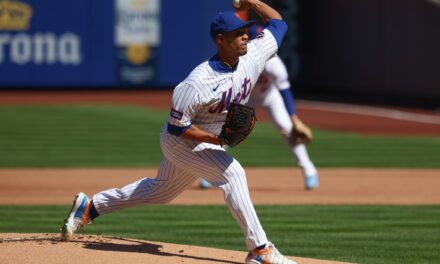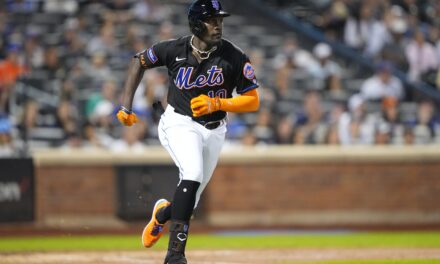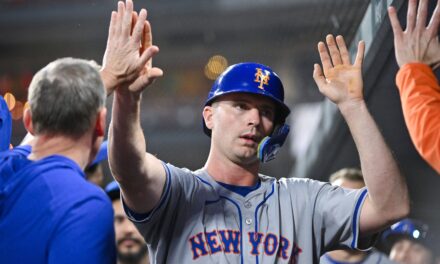When Mets fans first heard the term Generation K back in the nineties, it would invoke hope and dreams of a Mets dynasty. The term referred to three highly touted Mets prospects; Jason Isringhausen, Bill Pulsipher and best of all, Paul Wilson. They were supposed to lead the Mets from relative obscurity to the World Series, just like Tom Seaver, Jerry Koosman and Gary Gentry did in 1969.
Today, when you utter those words to a Mets fan, it’s a good way to get socked in the nose. Generation K never really amounted to much for the Mets. It only reminds us of how silly it really was to pin your hopes on three very talented, and yet untested pitchers with virtually no Major League experience. Of the three, only Jason Isringhausen ended up having a long and successful career, however it was as a closer and not a starter. The other two had short careers that were tainted with numerous injuries and surgeries. It wasn’t long before they were soon forgotten.
Here is a little trivia for you…
It was because of the Mets’ “Generation K” that most major league franchises began nurturing their young pitching phenoms and controlling the number of pitches they threw. After seeing how three of the games most heralded pitching prospects each succumb to serious arm injuries at such a young age, many began paying more attention to conditioning and monitoring pitch counts.
If the Yankees had paid close attention to the lessons of the Mets’ Generation K, maybe they wouldn’t have been so quick to anoint Phillip Hughes, Joba Chamberlain and Ian Kennedy as the triumvirate who would begin a new Yankees dynasty. Now they too have learned the lesson of placing too much of a burden on three young and unproven starters. The high expectations of the Yankees trio didn’t take long to unravel as they were each plagued with injuries and ineffectiveness. And just like Isringhausen, Chamberlain may also find his place in the sun not as a starter, but as a reliever as well.
Like the title said,it’s Deja` Vu all over again.














